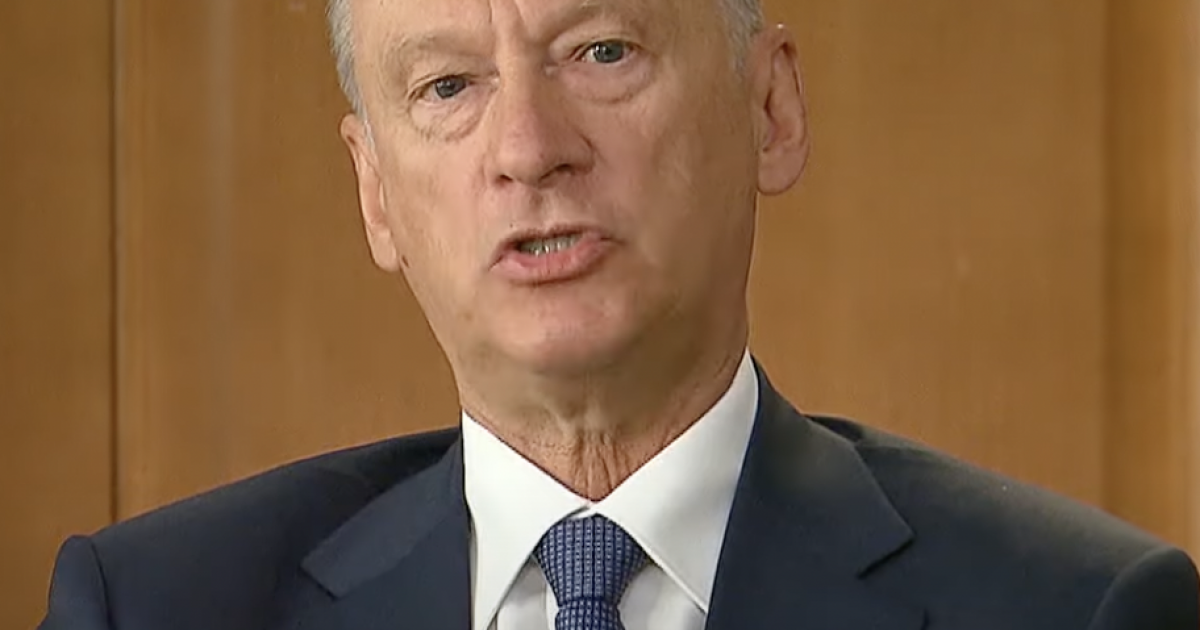
A leading Russian national security figure claims that AUKUS, a new military pact between the United States, Australia, and the United Kingdom poses a threat to not only China but also Russia.
Nikolay Patrushev, the secretary of Russia’s Security Council, made this allegation last week in response to the announcement of the Anglosphere project to boost Australia’s nuclear submarine defense. Although AUKUS was not explicitly directed towards China, savvy geopolitical experts could put two and two together and recognize that this is gradual step towards building a balancing coalition against China.
However, Patrushev believes that such a move constitutes a significant threat to Russia as well.
Patrushev said to Argumenty i Fakty, a Russian newspaper, on September 21 that the pact between the three Anglosphere nations will lead to the creation of another military bloc aimed at containing and confronting the Eurasian powers.
In the interview Patrushev also likened the Quadrilateral Security Dialogue (QUAD), a security that is made up of the U.S., India, Japan, and Australia, as an anti-Eurasian coalition that is designed to expand Washington’s foothold across Asia. According to Patrushev, the Quad is a “military-political bloc with a pronounced pro-American character.”
“Just the other day, another military bloc was formed in the region – the American-British-Australian AUKUS, which pursues the same goals,” Patrushev added
Patrushev believes that the AUKUS deal presents a threat to “the entire security architecture in Asia.”
France was initially enraged by the announcement of this pact. For one, its original deal to furnish a fleet of new submarines to the Australians — a process that has encountered numerous delays — was scrapped by this new pact.
After not being informed about this decision, París hit back by recalling its ambassadors in Washington and Canberra. The French ambassador Jean-Pierre Thebault declared Australia’s move as “treason in the making” and that all options were on table in terms of diplomatic responses after France was allegedly “stabbed in the back.”
Patrushev’s sentiments resemble those of Russian Foreign Minister Sergey Lavrov, who has previously asserted that the U.S. ‘s concept of the “Indo-Pacific” is an exclusive coalition that is being used to contain China and promote instability in the Eurasian landmass. In many respects, this framework the U.S. regime is proposing is designed to draw India into a nasty, great power conflict with China, of which it will beat the brunt of the damage as the U.S. sits on the sidelines and pulls India’s and other Asian countries’ strings in a battle to contain China.
To be sure, AUKUS is a concrete step towards building a balancing coalition in the Pacific directed against China. It’s fulfilling the “Pivot to Asia” that then-Secretary of State Hilary Clinton put forward in 2011.
China is no friend of the U.S. but there’s a more rational approach to dealing with China. It should entail restricting migration from China, using tariffs to limit its geoeconomic influence, and allowing some of its rivals like Japan to establish nuclear deterrence.
Trying to pursue a confrontation with China could have the U.S. sleepwalking into a great power conflict that could be devastating in nature.



